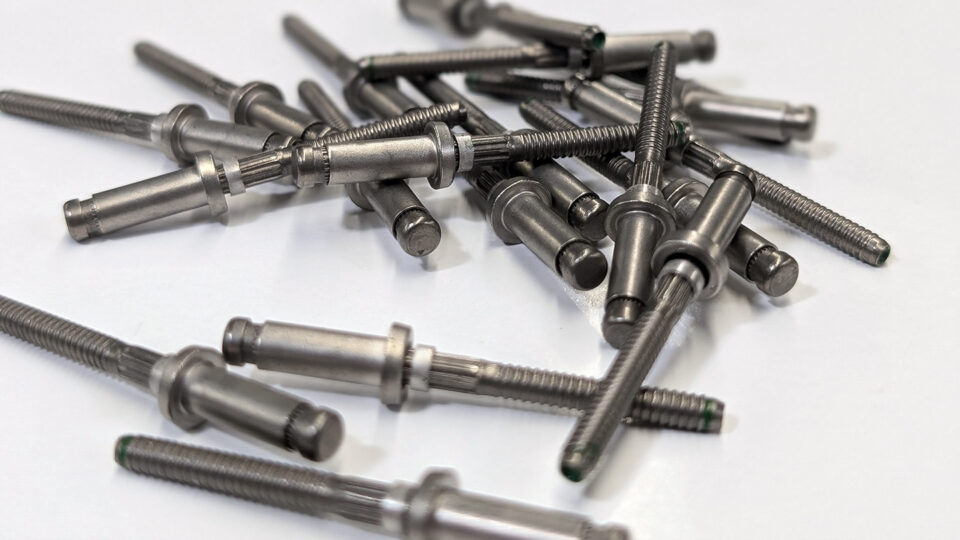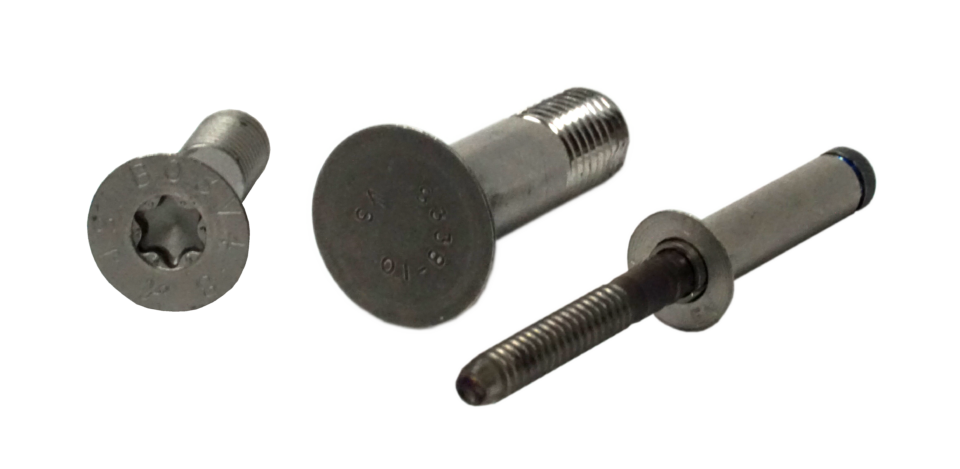In the aerospace industry, fasteners play a critical role in ensuring the structural integrity and performance of aircraft and spacecraft. The choice of material for these fasteners is paramount, as it determines their strength, durability, and resistance to various environmental conditions. In this article, we delve into the diverse range of materials used for aerospace fasteners, from lightweight aluminum to high-performance superalloys, exploring their characteristics, applications, and advantages.
Aluminum:
Aluminum is a widely used material in aerospace fasteners, prized for its lightweight properties. However, aerospace-grade aluminum requires additional surface treatments to meet the stringent performance standards of the industry. Despite its lightweight nature, aluminum rivets and fasteners are susceptible to stress-induced corrosion and temperature sensitivity, requiring careful consideration in design and construction.
Steel:
Steel and steel alloys offer high strength and surface hardness, making them suitable for aerospace applications where weight is less of a concern. Stainless steel and alloy steels are commonly used in aerospace fasteners, although certain types may be susceptible to heat damage and corrosion. Surface treatments are often applied to enhance corrosion resistance and tensile strength.
Titanium:
Titanium is valued in aerospace applications for its exceptional strength-to-weight ratio and resistance to extreme temperatures. Aerospace-grade titanium can serve as an alternative to aluminum, offering comparable strength to steel while being significantly lighter. With operating temperatures ranging from -350 to 800°F, titanium is well-suited for critical aerospace components.
Superalloys:
Superalloys, also known as high-performance alloys, are engineered to withstand the harsh conditions experienced by aerospace equipment. These alloys exhibit high strength, corrosion resistance, and thermal stability, making them ideal for applications in engines, turbines, and exhaust systems. Alloys like A286, Hastelloy, and Inconel 718® are prized for their exceptional performance in extreme environments.
Read more about E-Drill and Exotic Alloys Here
E-Drill Technology:
Regardless of the material, aerospace fasteners may require removal during maintenance and repair operations. Traditional removal methods can be time-consuming and labor-intensive, particularly for special alloys like Inconel and Monel®. However, with E-Drill technology, fastener removal becomes precise and efficient. E-Drill can effectively remove any metal fastener, from aluminum to superalloys, with minimal risk of damage to surrounding structures. Its versatility and precision make it a valuable tool in aerospace maintenance operations, ensuring minimal downtime and enhanced safety.
Aerospace fastener materials encompass a diverse range of alloys, each with its own unique properties and advantages. From lightweight aluminum to high-performance superalloys, these materials play a crucial role in the construction and maintenance of aircraft and spacecraft. With innovations like E-Drill technology, aerospace maintenance professionals can overcome the challenges associated with fastener removal, ensuring the continued safety and reliability of aerospace systems.



